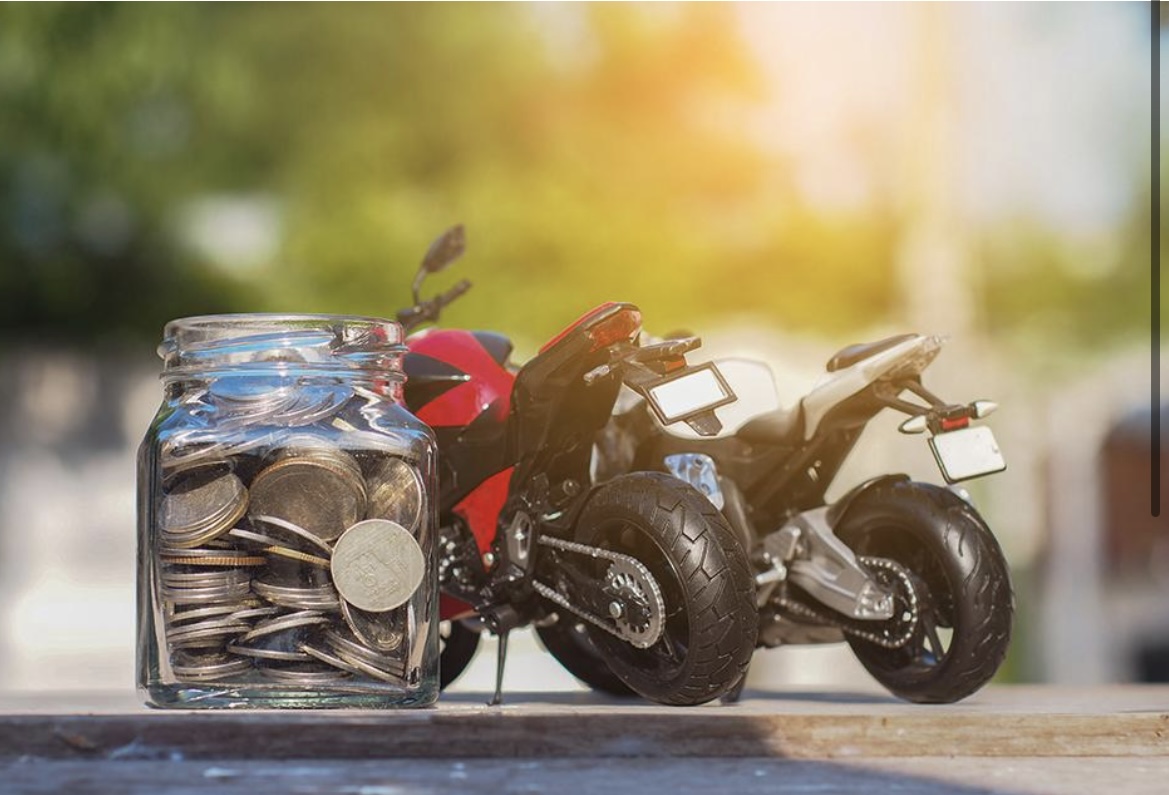In today’s fast-paced world, owning a two-wheeler can be a game-changer in terms of convenience and mobility. Whether you’re looking to commute to work or explore new horizons, a two-wheeler can provide you with the freedom you need. However, financing such a purchase often requires taking out a two-wheeler loan. But have you ever wondered how these loans can impact your credit score? In this article, we will explore the relationship between two-wheeler loans and your credit score, shedding light on how these financial decisions can affect your financial health.
Understanding Two-Wheeler Loans
A two-wheeler loan, often referred to as a bike loan, is a type of financing that allows individuals to purchase motorcycles or scooters by borrowing money from a lender. These loans come with varying interest rates and repayment tenures, making it essential to choose a loan that fits your financial situation.

Two-Wheeler Loan Application and Credit Score
One of the crucial steps in obtaining a two-wheeler loan is the loan application process, which involves a thorough assessment of your creditworthiness. Here’s how your credit score factors into this process:
1. Credit Score Check: When you apply for a two-wheeler loan, the lender will perform a credit score check to evaluate your financial history and creditworthiness. This check involves looking at your credit report, which provides insights into your credit usage, repayment history, and outstanding debts.
2. Impact of Credit Score: Your credit score plays a significant role in determining whether your loan application is approved and the terms of the loan, including the interest rate. A higher credit score generally leads to more favorable loan terms, such as a lower interest rate.
Bike Loan Eligibility and Credit Score
To ensure you meet the eligibility criteria for a two-wheeler loan, lenders consider your credit score alongside other factors:
1. Minimum Credit Score: Different lenders have varying criteria, but most require a minimum credit score to qualify for a bike loan. A higher credit score generally improves your chances of approval.
2. Credit History: Lenders also assess your credit history to determine how responsibly you’ve managed your financial obligations in the past. A consistent history of timely payments can work in your favor.
3. Income and Employment: Lenders often look at your income and employment stability to assess your ability to repay the loan.
4. Debt-to-Income Ratio: Your debt-to-income ratio, which compares your monthly debt payments to your income, is another factor that lenders consider. A lower ratio is preferable.
Impact on Credit Score – Application and Approval
The process of applying for a two-wheeler loan can have both positive and negative effects on your credit score:
1. Hard Inquiry: When you apply for a bike loan, the lender performs a hard inquiry on your credit report. This inquiry can slightly lower your credit score temporarily.
2. Approval: If your loan application is approved, it can have a positive impact on your credit score. Timely payments on the loan can demonstrate responsible credit management and improve your creditworthiness.
Once you’ve secured a two-wheeler loan, how you manage the loan repayment is crucial for your credit score:
1. Timely Payments: Paying your monthly loan installments on time is vital. Late or missed payments can negatively affect your credit score and may incur penalties.
2. Credit Mix: Managing different types of credit, such as a two-wheeler loan alongside credit cards or other loans, can positively impact your credit score by showing a diverse credit history.
3. Loan Closure: Successfully paying off your two-wheeler loan can reflect positively on your credit report, as it demonstrates your ability to manage and repay debt responsibly.
Defaulting on Two-Wheeler Loans
While taking out a two-wheeler loan can have several benefits, it’s essential to be aware of the potential consequences of defaulting on the loan:
1. Credit Score Damage: Missing multiple loan payments or defaulting on a two-wheeler loan can severely damage your credit score. This can make it challenging to secure future loans or credit.
2. Collection Efforts: Lenders may employ collection agencies or legal actions to recover the outstanding loan amount, further affecting your financial stability.
How to Ensure a Positive Impact on Your Credit Score
To ensure that your two-wheeler loan has a positive impact on your credit score, follow these best practices:
1. Shop for Loan Rates: Compare loan offers from different lenders to secure the most favorable interest rate and terms.
2. Maintain Timely Payments: Make sure to pay your monthly installments on time to demonstrate responsible credit management.
3. Diversify Credit: If possible, maintain a mix of different types of credit, such as loans and credit cards, to improve your credit profile.
4. Monitor Your Credit Report: Regularly check your credit report for accuracy and report any discrepancies promptly.
5. Avoid Overextending: Only borrow what you can comfortably afford to repay to prevent financial strain and potential default.
In conclusion, two-wheeler loans, while facilitating the purchase of your dream bike, can also significantly impact your credit score. The application process, approval, and repayment of the loan are all factors that can influence your creditworthiness. Maintaining timely payments and managing your loan responsibly can improve your credit score, opening doors to better financial opportunities in the future.
However, it’s crucial to be aware of the potential consequences of defaulting on a two-wheeler loan, as it can lead to credit score damage and financial hardships. To make the most of your bike loan, ensure you meet the eligibility criteria, maintain responsible credit behavior, and consider the long-term impact on your financial health. By doing so, you can enjoy the benefits of bike ownership while safeguarding your creditworthiness.
👉 Click here to read the latest Gujarat news on TheLiveAhmedabad.com



